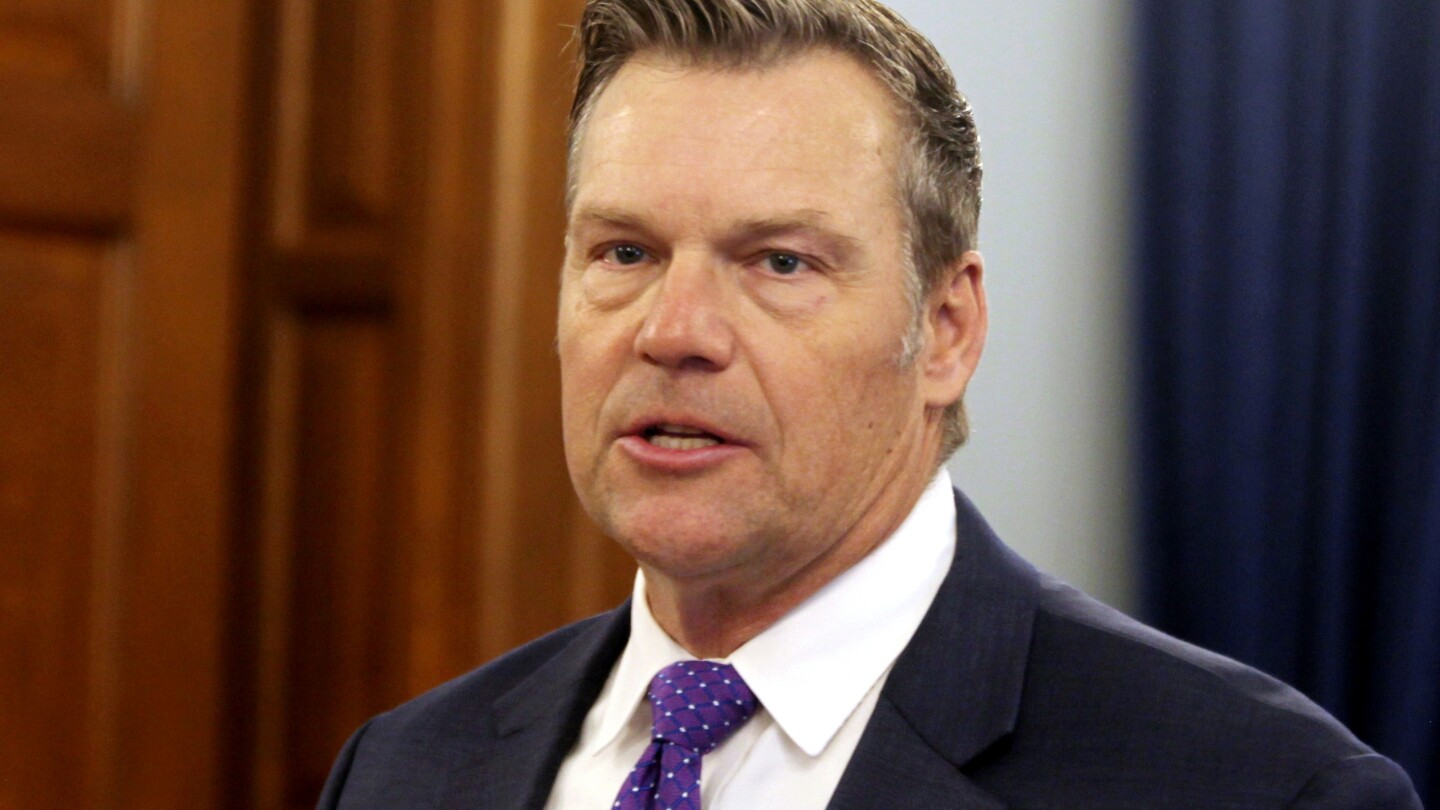- cross-posted to:
- politics@lemmy.world
- cross-posted to:
- politics@lemmy.world
The Kansas Supreme Court offered a mixed bag in a ruling Friday that combined several challenges to a 2021 election law, siding with state officials on one provision, reviving challenges to others and offering the possibility that at least one will be halted before this year’s general election.
But it was the ballot signature verification measure’s majority opinion — which stated there is no right to vote enshrined in the Kansas Constitution’s Bill of Rights — that drew fiery dissent from three of the court’s seven justices.



Yes, that was the wording then, it was the qualification to vote (male, citizen, over 21). Since the adoption of the 19th Amendment (which happened after, and supercedes this text) that standard has included women and today you just need to be a citizen and over 18. The proportionality of loss of EC votes and congressional seating (these are apportioned on the same basis, after all) was about states like South Carolina and Mississippi, whose population of enslaved people exceeded that of white citizens- if these states didn’t respect the new citizenship and voting rights of most of their citizens, they’d lose more than half of their federal representation, and that in turn would cost them and their confederates influence in the resulting federal government.
My prior comment, made in the context of a Kansas court declaring that voting is not a right according to the Kansas constitution, was intended to point out that if nobody has that right in Kansas, that may be well and fine in Kansas politics, but if Kansas conducts itself in that way it will cost them influence federally, and that sets the stage for another round of Voting Rights Acts that can be used to guarantee voting rights federally even if states don’t want to do it themselves.